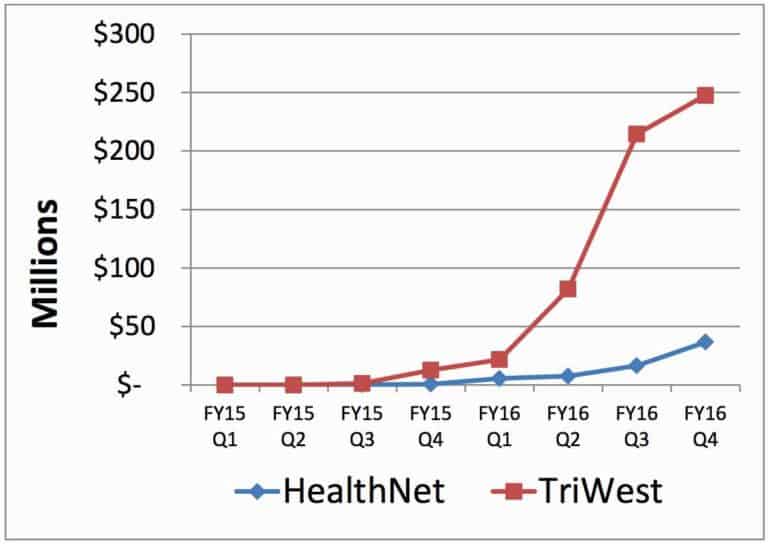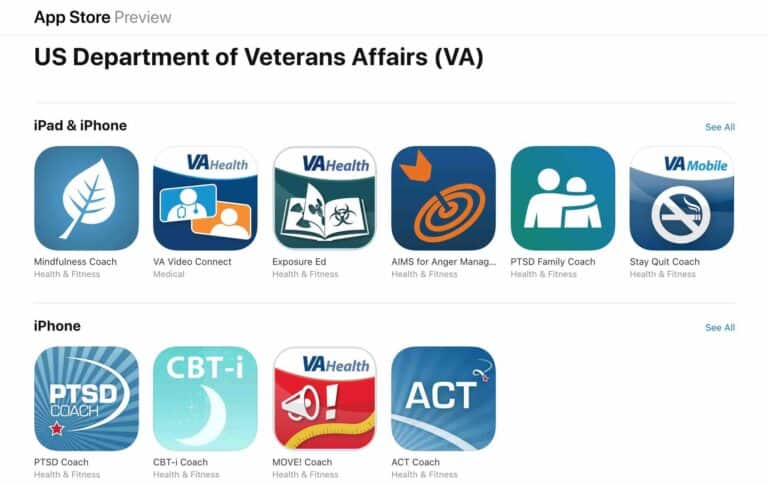Burn Pits, Camp Lejeune, and More: VA Reconsiders 30+ Toxic Claims
In a quiet but powerful shift, the Department of Veterans Affairs has begun reopening more than 30 toxic exposure-related claims — including those tied to burn pits, Camp Lejeune, Gulf War Illness, and chemical exposure — offering new hope to veterans whose cases were previously denied.
Why now?
New evidence.
Better science.
And finally, some overdue accountability.
What’s Being Reconsidered?
As of early July, the VA has initiated a sweeping review of claims that were previously closed — many under outdated medical assumptions or lack of direct causation. This includes cases connected to:
- Burn pits exposure from Iraq and Afghanistan
- Contaminated water at Camp Lejeune
- Radiation or Agent Orange contact outside of traditional Vietnam-era zones
- Other environmental toxins from post-9/11 deployments
For many veterans, these reopened cases may be the first real chance in decades to receive compensation and care for conditions that have only worsened over time.
Source: Task & Purpose – VA to Reopen Toxic Exposure Claims
Why This Is a Big Deal
Toxic exposure claims have historically been some of the hardest to prove. For years, veterans were told:
“There’s no medical link.”
“You were never in a qualifying zone.”
“There’s no record of that exposure.”
But science has caught up. And so has public pressure.
Thanks to bipartisan support for PACT Act provisions and new studies showing clear connections between certain deployments and long-term health issues, the VA is finally revisiting old denials with fresh eyes.
That means conditions like respiratory illness, cancer, neurological disorders, and autoimmune diseases are now getting a second look.
Who May Be Impacted
If you served in:
- Iraq, Afghanistan, or Syria near burn pit sites
- Camp Lejeune between 1953–1987
- Gulf War regions with known chemical or oil field exposure
- Bases or ships involved in nuclear testing or handling herbicides
… and filed a claim that was denied years ago — this matters to you.
This also applies to survivors or family members who previously had their dependency or survivor claims denied due to exposure issues.
What to Do Next …
Here’s what you can do if you think your claim may be eligible for review:
- Log into VA.gov and check your past claim status under “My Claims”
- Contact your VSO (Veterans Service Organization) for help with a request to reopen
- Gather any new medical evidence or supporting documentation since your last denial
- Request a Toxic Exposure Screening through your local VA provider
- Mention the PACT Act and this reopening initiative directly when contacting the VA
Even if you’re unsure, it’s worth taking action — especially since the VA is not proactively contacting all affected veterans.
What’s Still Missing?
While this move is a win, there are still concerns:
- Many veterans may not know they’re eligible
- Some exposures are still not recognized officially
- Delays in processing reopened claims are likely as volume increases
That’s why legal guidance and veteran advocates are encouraging those impacted to move quickly and seek support to avoid falling through the cracks — again.
“Reopening these claims is a step in the right direction — but it’s just that: a step. Veterans deserve a full walk-back of every unjust denial.” ~ Benjamin Krause, Veterans Law Attorney
Final Thoughts …
For too long, the burden of proof has fallen unfairly on veterans — especially those living with chronic illnesses they can’t trace, but know came from their service.
With this new move, the VA is finally saying:
“We hear you. Let’s take another look.”
But the clock’s ticking. And justice delayed is still justice denied.
If you think your case may qualify for review or if you were previously denied a toxic exposure claim, don’t wait. Visit VA.gov or contact a veterans law advocate to get started.







Rhett Puder was an angry cocksucker who was for the system and bad philosophy first, everyone and everything else second. May God accept this man into the deepest part of hell.
The VA is “waiting” for all the Vietnam Era vets exposed to state side locations that stored and tested Agent Orange to pass. Kind of pathetic how they have ignored this fact for years!
great information
You see the executive commiting Constitutional and civil rights violations here recently, and some judge gets up there and simply declares it. So no actual consequences and a pat on the back when people’s rights are violated by the government. Take that reality to the VA when you go. They can do or not do whatever they want and probably no actual reprocussions.
Tell us what happens at VA when people’s rights are violated or people die because of their Incompetence. If someone dies, does the family get compensated? What about clear rights violations? Does the veteran get compensated or is this entity just unaccountable and the courts derelict in bringing justice? What about the DOJ who is supposed to deliver justice when rights are violated. Do they turn around and play defense for the scoundrels who did these things? How corrupt is the executive?
VA psychologist Rhett J Puder a mentally ill man who was quite possibly exposed to lead and mercury during the formative years. That along with biological mental health illnesses is why he must take the pills. Irrational ideology and bad philosophy is common among such individuals.